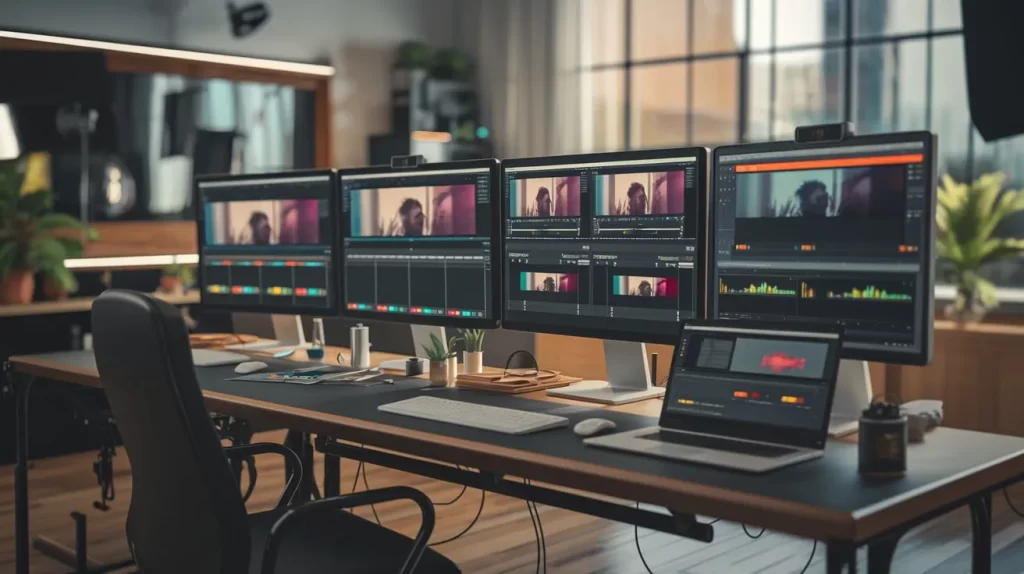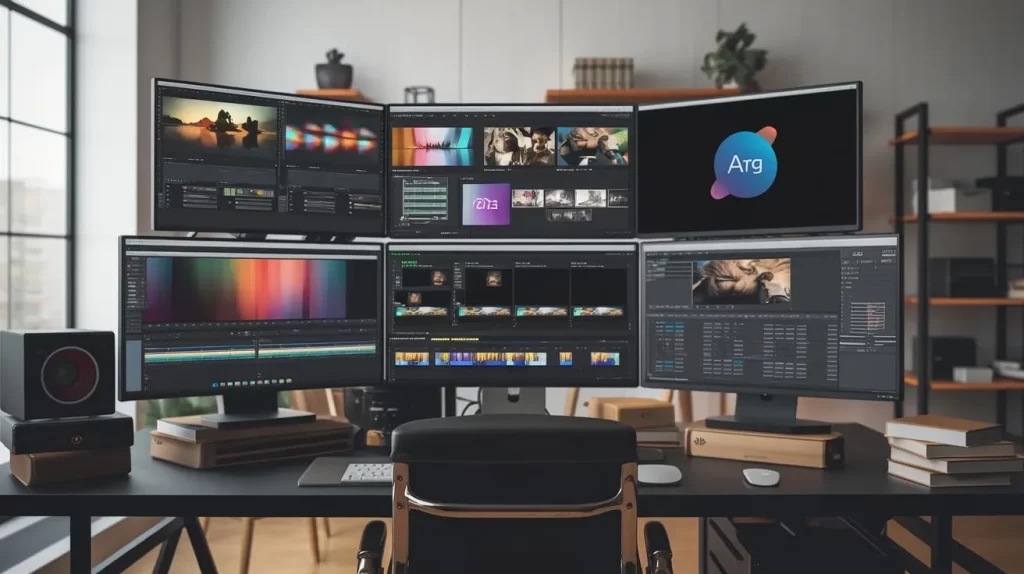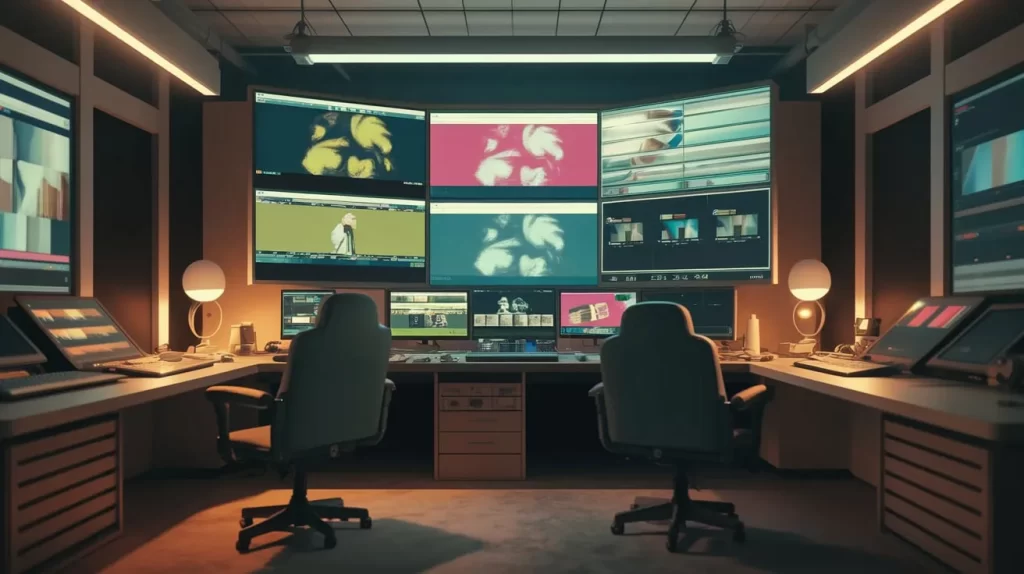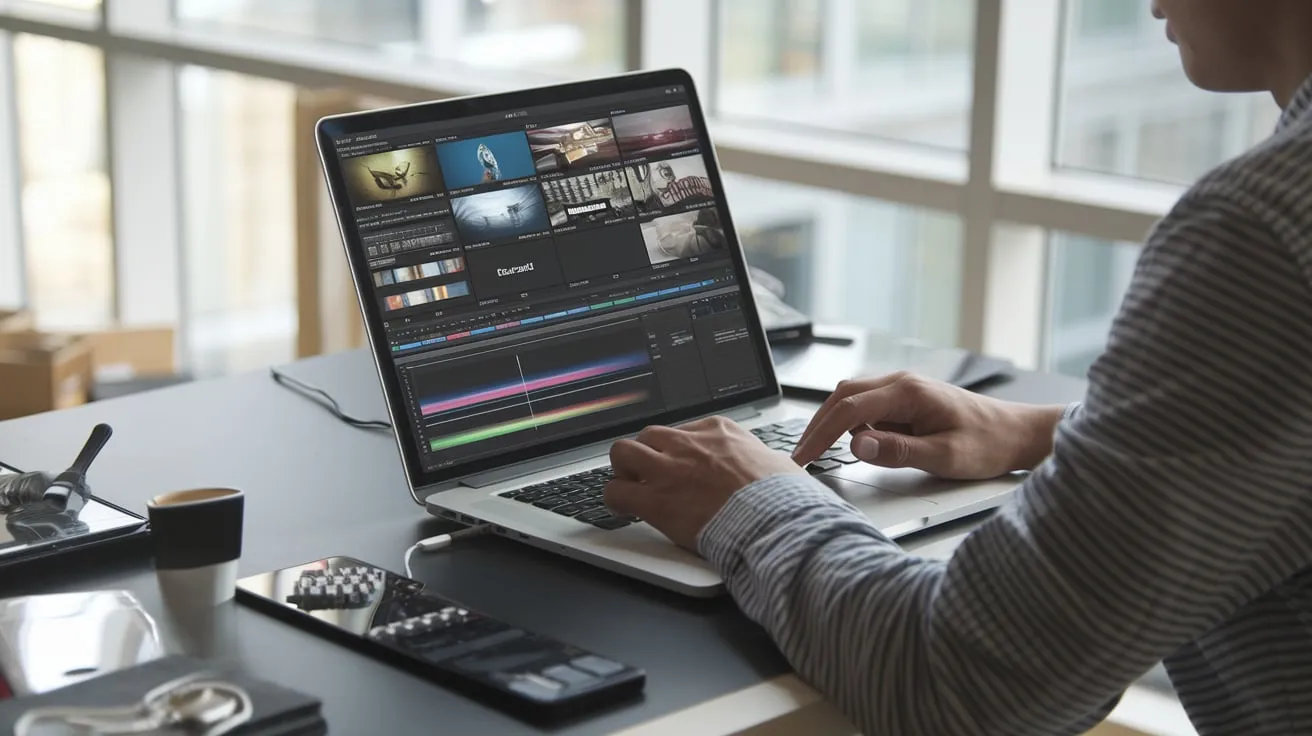Video editing can be a complex and intricate process, whether you’re editing a wedding video, a corporate advertisement, or a creative YouTube vlog. With so many options and variables, it’s natural for clients to have a range of questions when choosing a video editing service. In this FAQ section, we’ll address some of the most common inquiries regarding video editing services. These answers are crafted to provide clear, valuable assistance while showcasing industry expertise. Let’s dive in!

How Long Does It Take to Edit a Wedding Video?
One of the most frequently asked questions when it comes to wedding video editing is how long the process will take. The timeline for editing a wedding video can vary significantly depending on several factors, such as the length of the footage, the complexity of the edit, and the level of detail required. On average, here’s what you can expect:
- Standard Timeline: For most wedding videos, expect the editing process to take anywhere between 4 to 6 weeks. This time allows the editor to review all footage, organize it, and craft a coherent, emotional narrative that captures the essence of the big day.
- Factors Affecting the Timeline:
- The amount of raw footage (i.e., a full-day wedding shoot will require more editing time).
- Special editing requests (e.g., slow-motion shots, color grading, or adding effects).
- The editor’s schedule, and wedding season, often result in a backlog.
To ensure that your wedding video is delivered within a reasonable timeframe, it’s best to discuss your expectations with your editor ahead of time and inquire about their workload. While it can be tempting to rush the process, remember that editing a wedding video is an art form, and quality editing takes time.

Suggested Posts:
- Ultimate Guide to Video Editing Services
- Types of Video Editing Services
- Understanding Video Editing Service Costs
How Can I Ensure the Video Editor Understands My Vision?
Clear communication is the key to making sure that your video editor fully understands your vision. Here are a few ways to ensure that both you and your editor are on the same page:
- Create a Mood Board or Reference Material: One of the best ways to communicate your vision is by providing visual references. Share clips or images of videos you admire and explain what you like about them—whether it’s the editing style, color scheme, or pacing.
- Provide a Detailed Brief: Be specific about what you want from the video. Are there any particular moments that need to be highlighted? Do you have specific preferences for the video’s tone (e.g., humorous, emotional, dramatic)? If you’re working on a corporate video, do you need brand guidelines followed? These details help ensure the editor can tailor the project to your exact needs.
- Frequent Check-ins: Stay in contact with your video editor throughout the editing process. Some video editors will share draft versions of the video, allowing you to provide feedback. This ensures you’re happy with the direction of the project and that the final product aligns with your expectations.
- Clarify Expectations Upfront: When you first approach a video editor, outline your expectations regarding edits, revisions, and the overall style. The clearer you are about what you need, the less likely you are to encounter miscommunications later.
The more effort you put into clarifying your vision, the more likely your video editor will be able to bring it to life.

What Are the Best Video Editing Apps for Beginners?
For those new to video editing, finding the right app can make a huge difference. While professional-grade software like Adobe Premiere Pro or Final Cut Pro can be overwhelming for beginners, several apps strike a balance between ease of use and powerful features. Here are some of the best video editing apps for beginners:
- iMovie (Mac/iOS): Apple’s native video editing software is user-friendly and offers a wide variety of templates and tools for basic editing. Perfect for beginners who are just getting started with video editing.
- Filmora (Windows/Mac): Filmora is an excellent choice for newcomers, offering an intuitive interface and a host of easy-to-use features like drag-and-drop editing, filters, and transitions. It’s especially popular among YouTube creators.
- DaVinci Resolve (Windows/Mac): While this software is used by professionals, it also has a free version with a simple interface, making it accessible to beginners. It’s especially known for its powerful color-grading tools.
- Shortcut (Windows/Mac/Linux): A free, open-source option that provides a lot of features and is suitable for users on any platform. It’s less complex than many professional editing tools but still offers solid functionality.
- Adobe Premiere Rush (Windows/Mac/iOS/Android): If you want the power of Adobe’s Premiere Pro but with a more beginner-friendly interface, Adobe Premiere Rush is a great option. It comes with pre-built templates and seamless integration with Adobe’s other software.
When selecting an app, consider your operating system, project needs, and how much time you want to spend learning the software. Starting with a beginner-friendly app will give you the foundational skills you need before moving on to more advanced software.
Suggested Posts:
- How to Choose the Right Video Editing Service
- Finding Video Editing Services Near You
- High-Quality Video Editing Services
What’s the Difference Between a Professional Video Editor and a Freelancer?
The distinction between a professional video editor and a freelancer often comes down to scope, experience, and resources. Let’s break it down:
Professional Video Editor:
A professional video editor often works with established agencies or video production companies. They have a high level of expertise in various editing styles and possess access to advanced tools and technologies. Their main advantages include:
- Extensive Experience and Specialization: Professional editors are often highly specialized, with deep expertise in specific industries, like corporate videos, wedding films, or commercials.
- Access to Advanced Tools: Editors in professional studios often have access to top-tier, expensive software and high-end editing equipment.
- Team Collaboration: In many cases, professional video editors work in a team, which means they can offer a wider array of services (e.g., scriptwriting, sound design, motion graphics) for more complex projects.
Freelancer Video Editor:
A freelancer, on the other hand, is typically an independent contractor who works on a per-project basis. While freelancers may not have the resources or team size of a professional studio, they offer a different set of advantages:
- Flexibility and Personalization: Freelancers often provide a more personalized approach to editing, and they work directly with the client to ensure the final product aligns with their vision.
- Cost-Effective: Freelancers typically have lower rates than professional studios, making them a more budget-friendly option for smaller projects.
- Faster Turnaround: Because freelancers typically work alone, they often offer quicker turnaround times, especially for smaller, less complex projects.
Which One Should You Choose?
- Freelancer: If you’re working on a smaller project, need a more personal touch, or have a limited budget, a freelancer could be the best choice. Freelancers are also ideal for simple video edits that don’t require a lot of intricate effects or advanced techniques.
- Professional Video Editor: If you’re creating a high-budget project, need specialized services like motion graphics, or require a team to handle complex editing tasks, a professional video editor or agency is a better option.
Ultimately, both freelancers and professional video editors bring valuable skills to the table. Your decision will depend on your project scope, timeline, and budget.
Key Takeaways
Navigating the world of video editing services can be daunting, but with the right knowledge, you can make informed decisions to ensure your video project turns out exactly as you envisioned. Whether you’re curious about timelines, how to communicate your vision, or the difference between freelancers and agencies, understanding these core concepts will help you approach your video editing with confidence.
- Wedding video edits typically take 4–6 weeks, depending on the complexity of the project.
- Clear communication with your video editor is essential to ensure your vision is brought to life.
- Beginners can start with user-friendly apps like iMovie or Filmora before transitioning to more advanced software.
- The choice between a professional video editor and a freelancer depends on your project’s size, budget, and specific needs.
